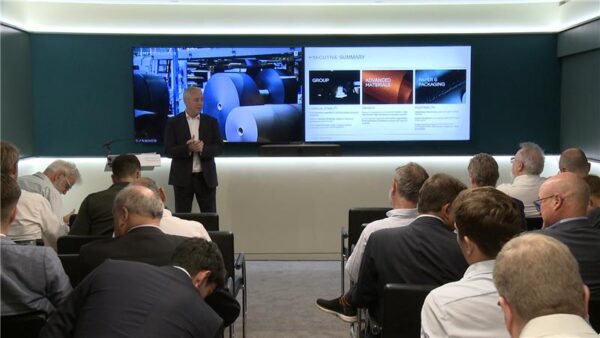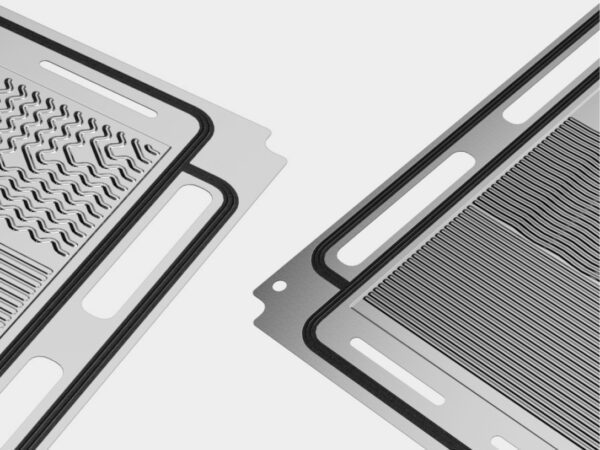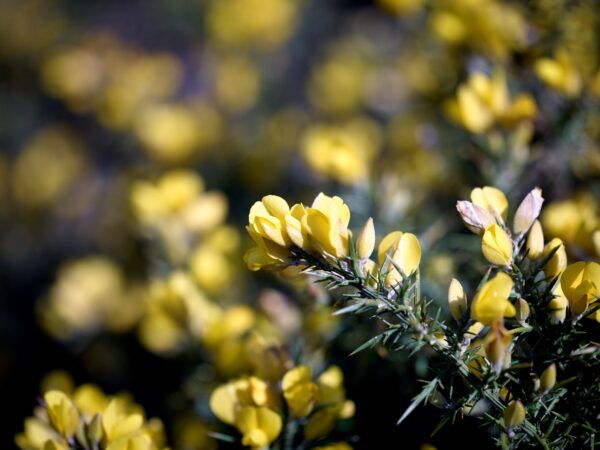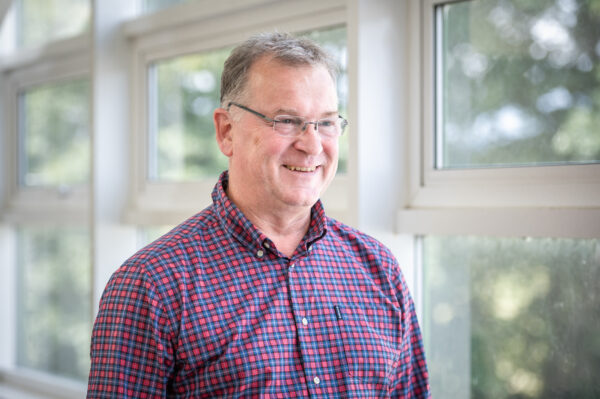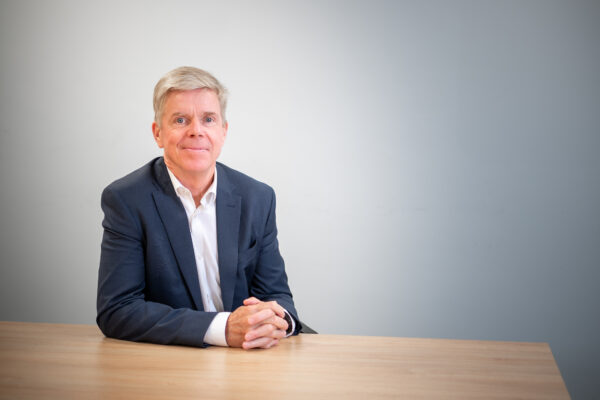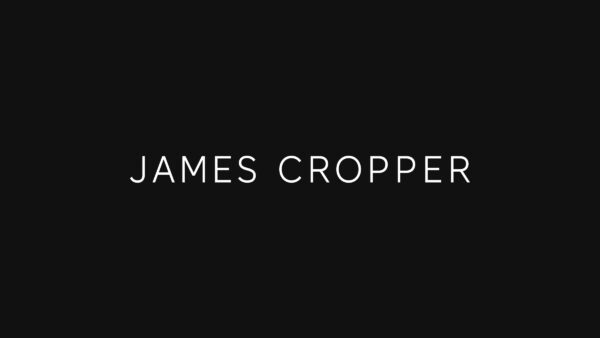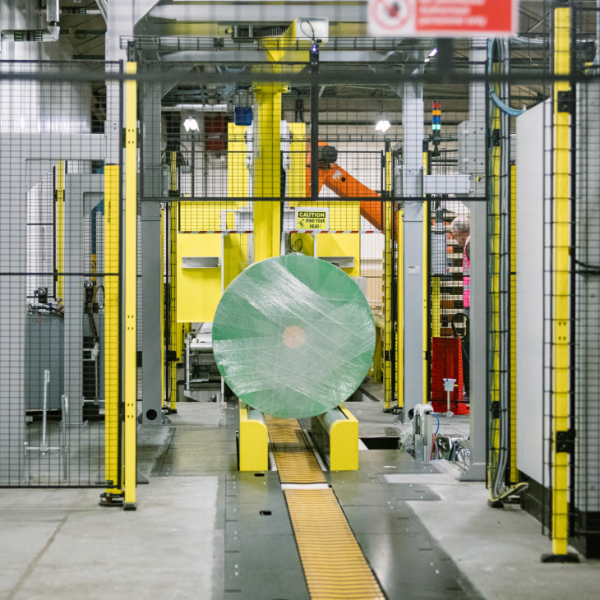Until now, the 5% of waste plastic that is removed from each cup was being used as a source for energy recovery in the production of recycled paper. However, working with partners, Cumbria Waste and New Horizon Plastics in North Wales, recycling the waste plastic into new plastic products has been made possible – the preferred end of life option based on Life Cycle Analysis – giving the entire cup a second life.
The plastic is made into pellets – the most common and efficient plastic recycling process – and then given a second life, most likely in commercial packaging and agricultural applications. Meanwhile, the high quality paper fibre from the cup is made Into new paper products and premium packaging.
The latest technological advance means the Cumbrian papermaker has closed the loop on its CupCycling technology.


